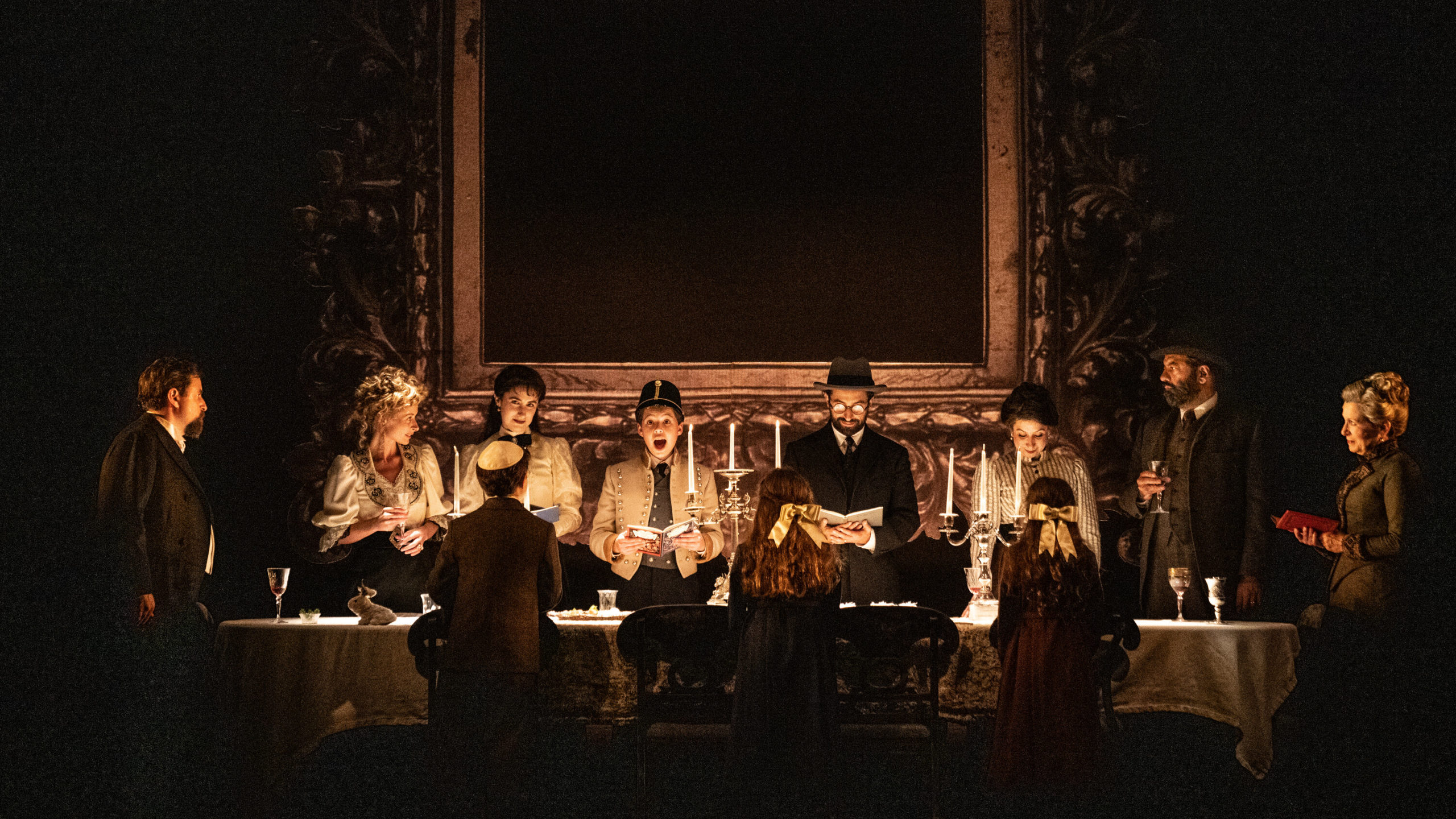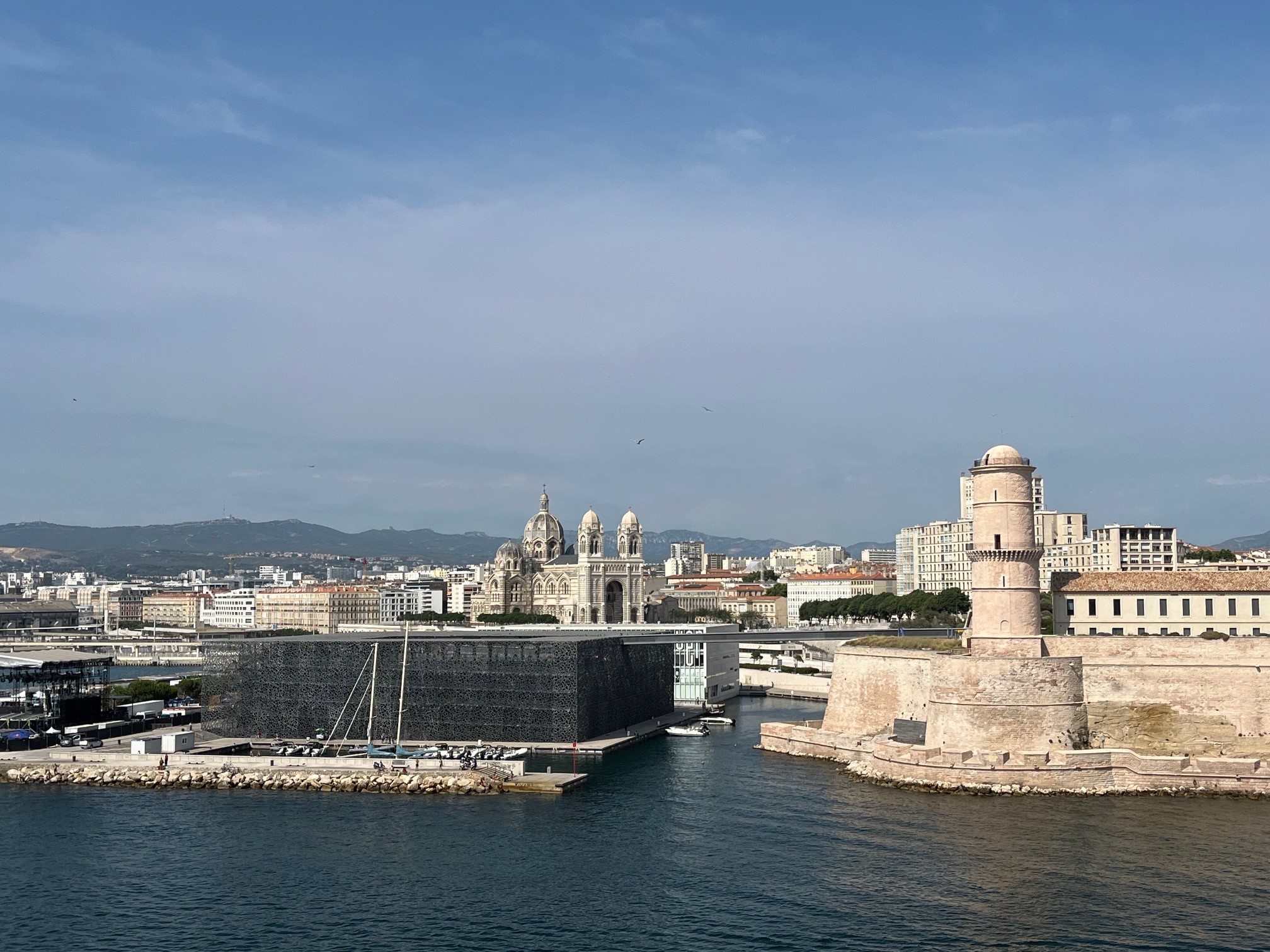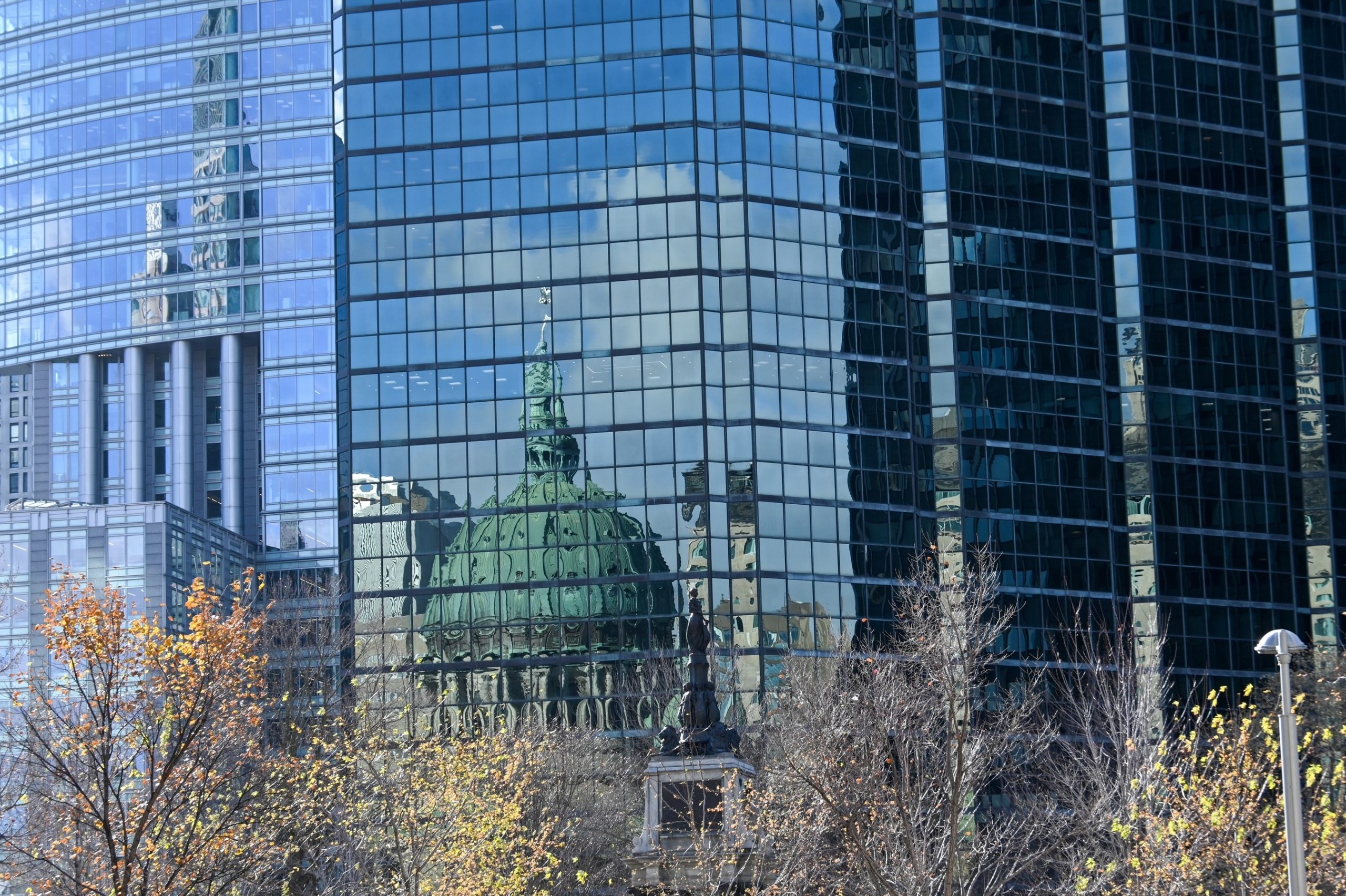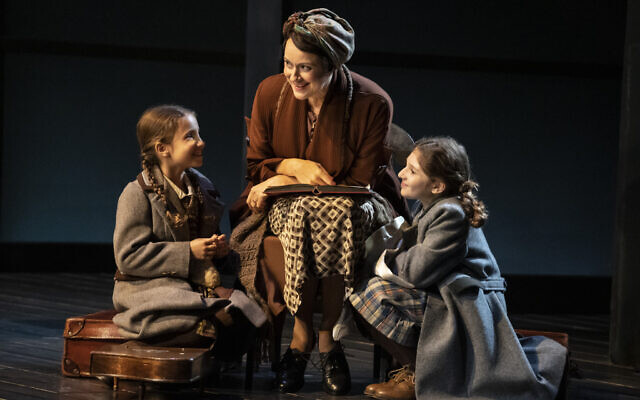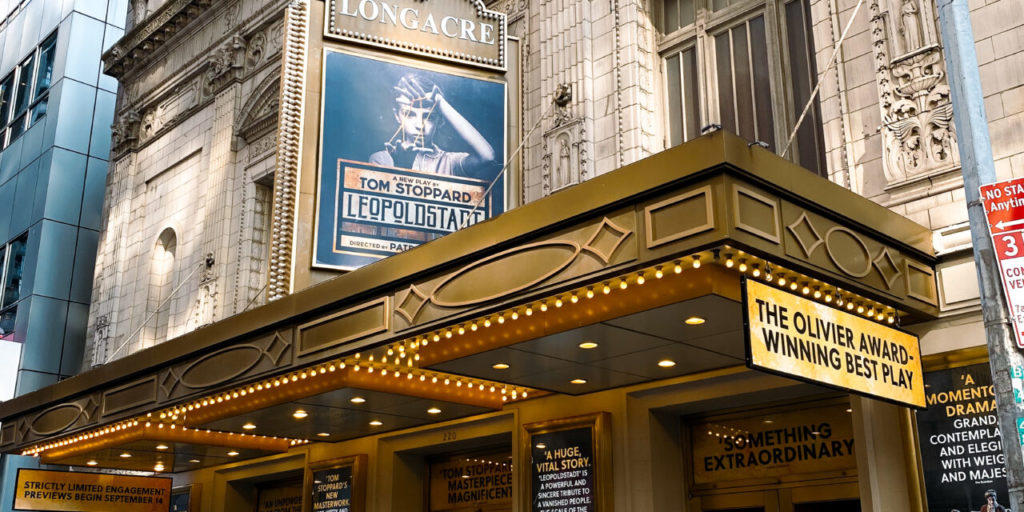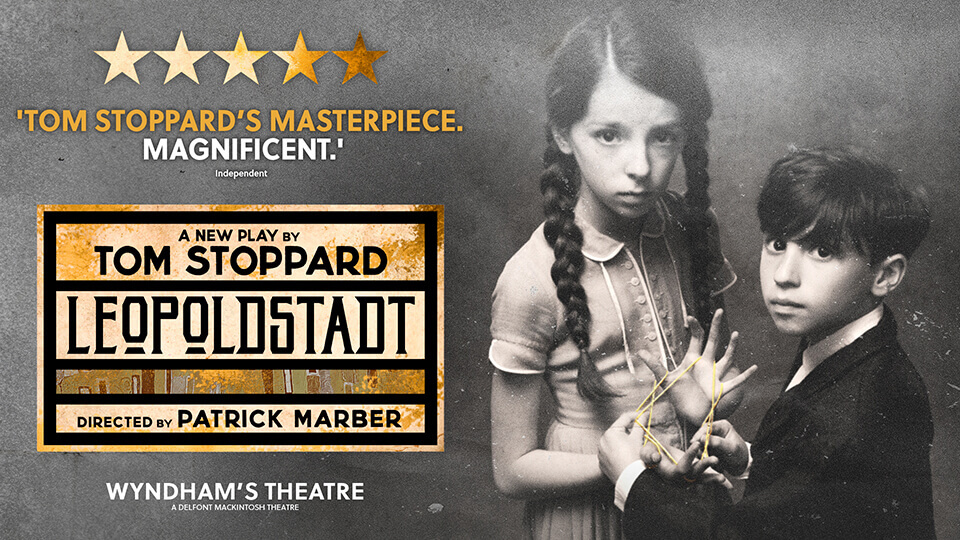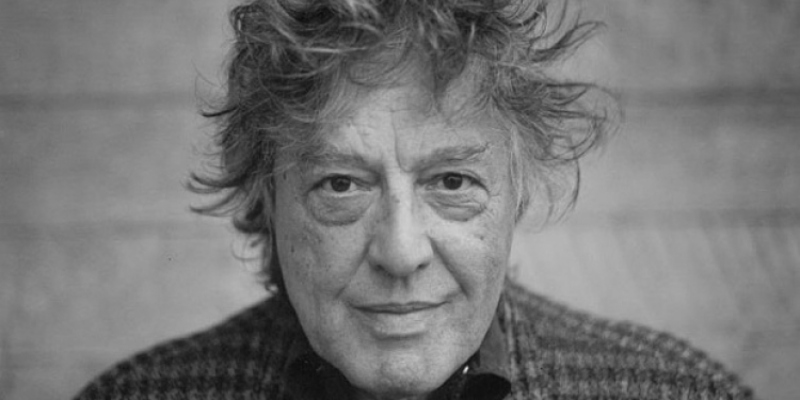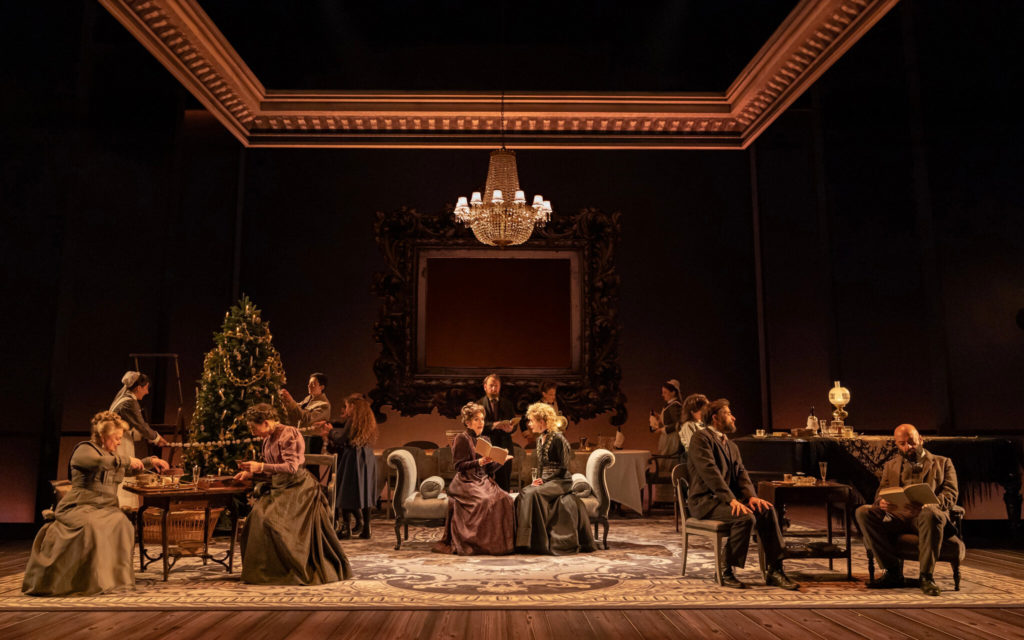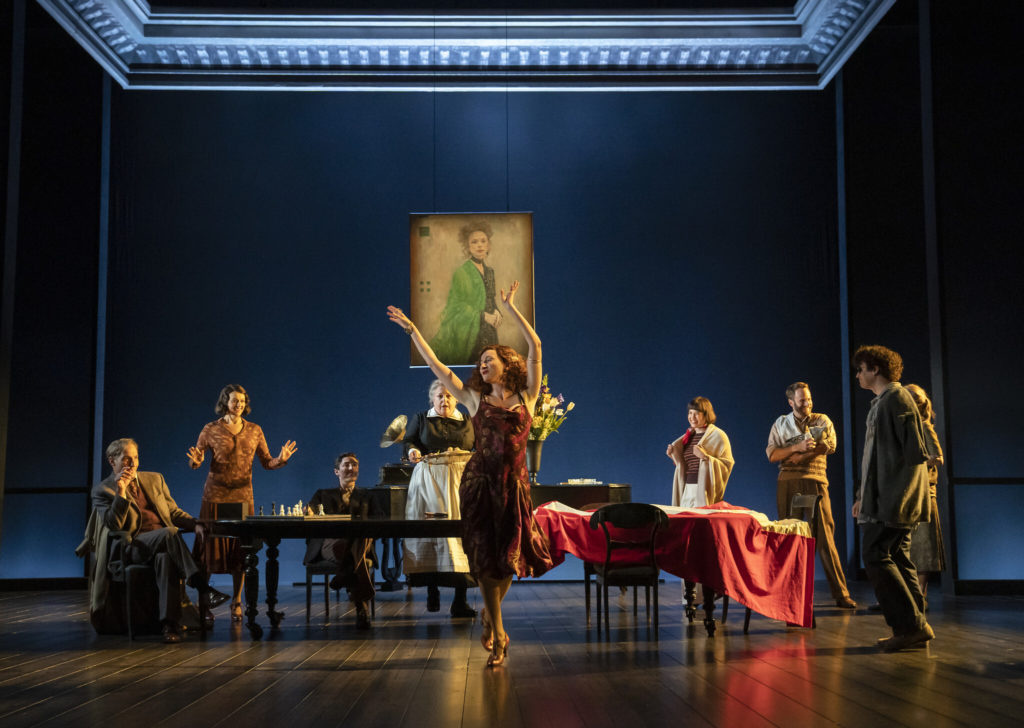This blog started from the idea of describing, by mixing them, my travel and reading experiences since I take a lot of pleasure in reading books, mostly novels, that take place in the countries or cities I visit (or that I have visited before). But there is an even more vivid way to immerse yourself in the literature and culture of a country, and that is to go to the theater.
It was after leaving a small Parisian theater a few weeks ago that I decided to add a section to my blog dedicated to theater, covering performances I attended during my travels, or in the city where I live. My language limitations mean that this section will probably be restricted to plays performed in French or English.
The geographic localization of a play is not an easy task. Does “Romeo and Juliet” performed in Paris in the French translation of Shakespeare’s text represent Paris, English literature or Verona where the drama of the two young lovers takes place?
The play I have chosen to begin this column illustrates this complexity. It was at the Longacre Theater in New York City, on Broadway, that my wife, my youngest son and I saw, a few months ago, the play “Leopoldstadt” written by Tom Stoppard and directed by David Marber. Leopoldstadt is the name of the Jewish quarter in Vienna. And Tom Stoppard is an English playwright, born of Jewish parents in what was then Czechoslovakia.
I’ll get right to the point: this is one of the most beautiful plays I’ve seen. I don’t remember crying very often in the theater, but that night I had tears in my eyes when the curtain fell. And yet I had laughed several times during the previous two hours.
The play tells the story of a family of the Jewish upper middle class in Vienna, from the last days of 1899 to the 1950s. The Merzes have already left Leopoldstadt, the Jewish ghetto in which their grandparents and parents had arrived when fleeing the pogroms in Galicia. They ran a large textile business and were well established among the high society in the capital of the Austro-Hungarian Empire. Hermann, the eldest son, hopes, perhaps naively, to be admitted to the jockey club soon.
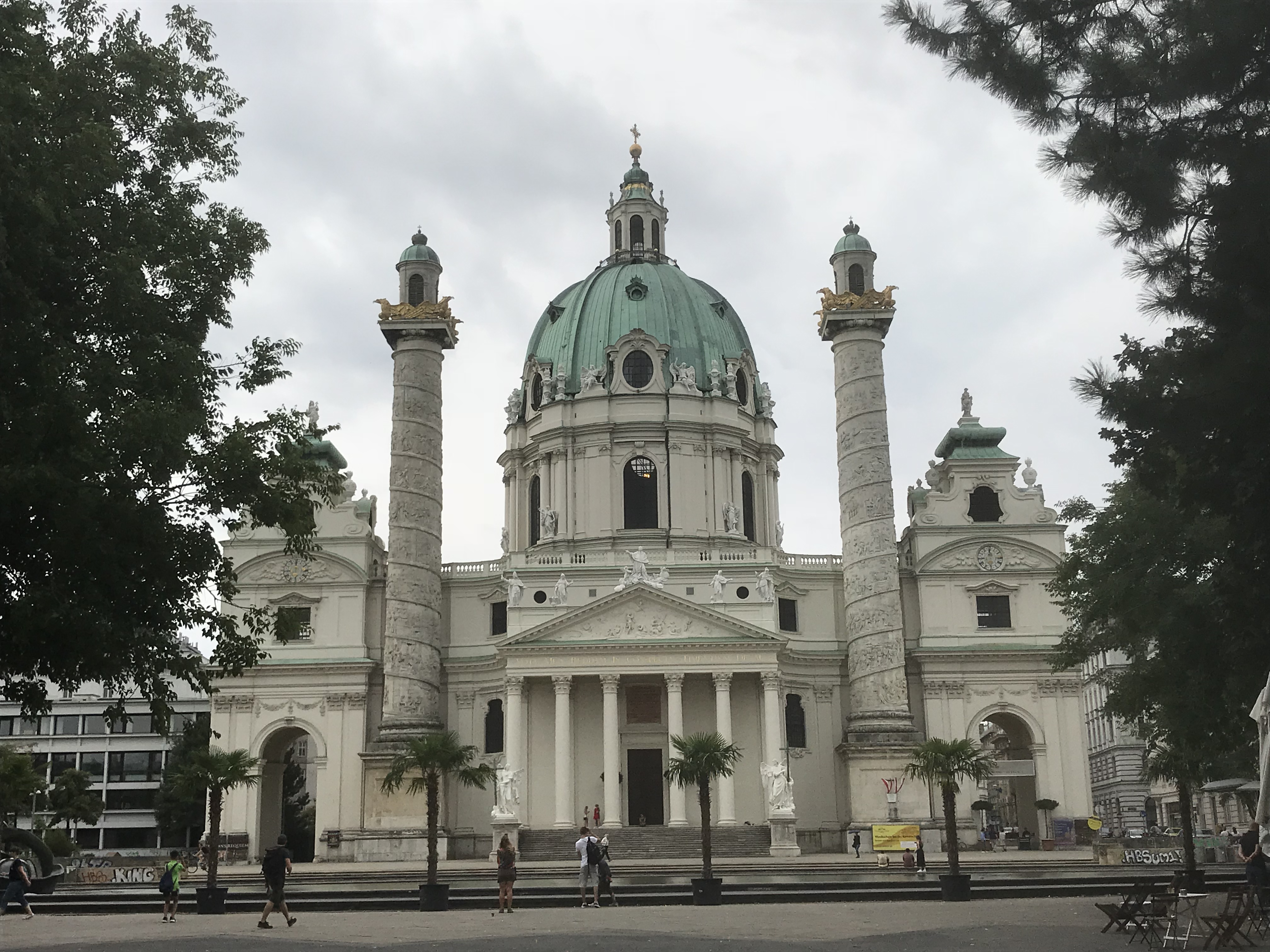
We meet them on Christmas Eve, which they celebrate with almost as much fervor as the Seder. They are “assimilated”: some have married Christian women, others have converted, the children are circumcised and baptized a few days later. The grandmother completes the family album, the sons and sons-in-law share the latest news from the city, the young girls tell their aunts about their first love affairs, the children play and sometimes quarrel.
The family adventures continue until the First World War. Some of the children died or were amputated, giving their lives or their health for an Empire that had collapsed and that had been replaced by a “small” Austrian republic where the socialist movement was gaining momentum. The younger generation of the Merzes became involved, while Hermann tried to maintain the family business afloat.
1938 and the Anschluss arrive. A Nazi official bursts into the living room and bluntly tells the assembled family that they are to be expelled. The Merz family returns to Leopoldstadt.
In 1955, the only three surviving members of the family reunite in the family home. Rosa had emigrated to New York before the Holocaust, Nathan had survived Auschwitz, while Leo had left Vienna as a child when his mother had remarried an English journalist. He grew up in England, lost his mother in the Blitz and was raised by his stepfather. He arrives in Vienna at the age of 24, full of charm and British phlegm, carefree and barely remembering his Viennese years. In an emotional final scene, Leo gradually recalls moments from his childhood and opens his eyes to the abyss of his lost family.
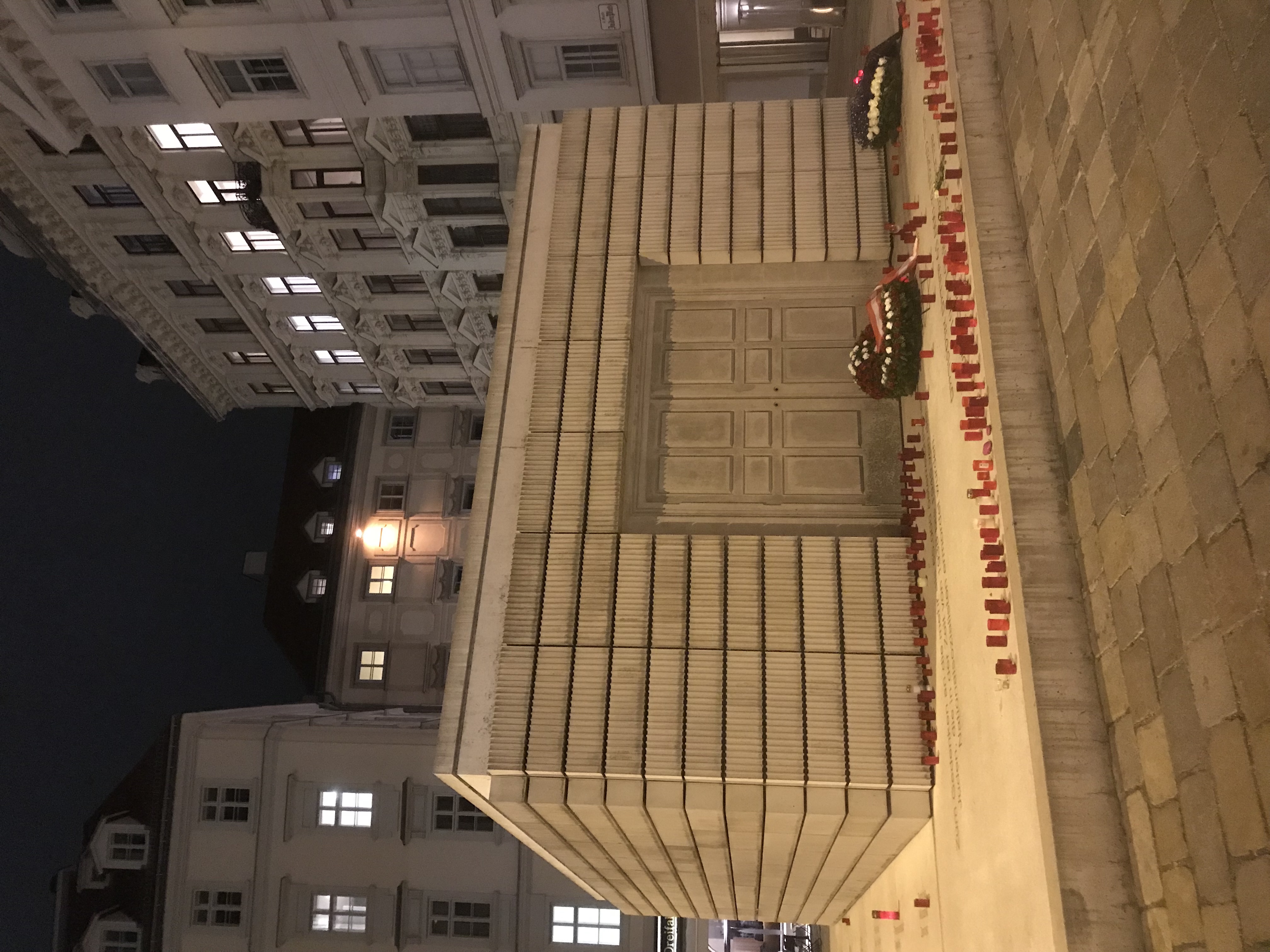
Tom Stoppard wrote this play at the age of 82. He is one of the most celebrated playwrights in the UK, knighted by the Queen. With “Leopoldstadt“, which he announced as his last creation, like the character of Leo, he returns to his childhood memories and pays a tender, sometimes funny and poignant tribute to his origins that he had long ignored.
